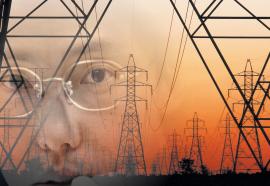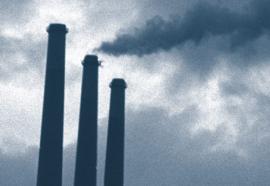Facing the Climate Challenge
Climate risks are entering the calculus for utility investment strategies.
Utilities are eager to invest in new power capacity—in part to build rate base and in part because they recognize the danger of relying too much on a single fuel source. Environmental issues, however, are adding greater complexity to company strategies for achieving fuel diversity.









